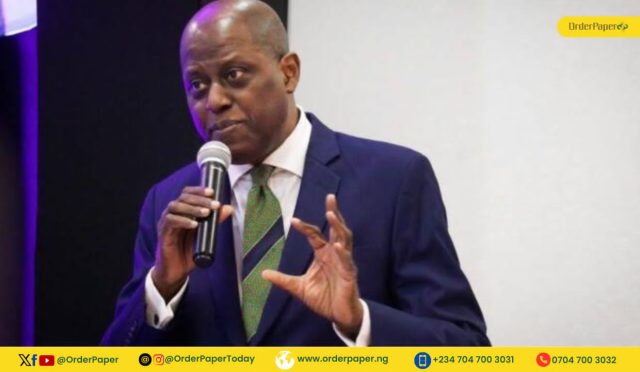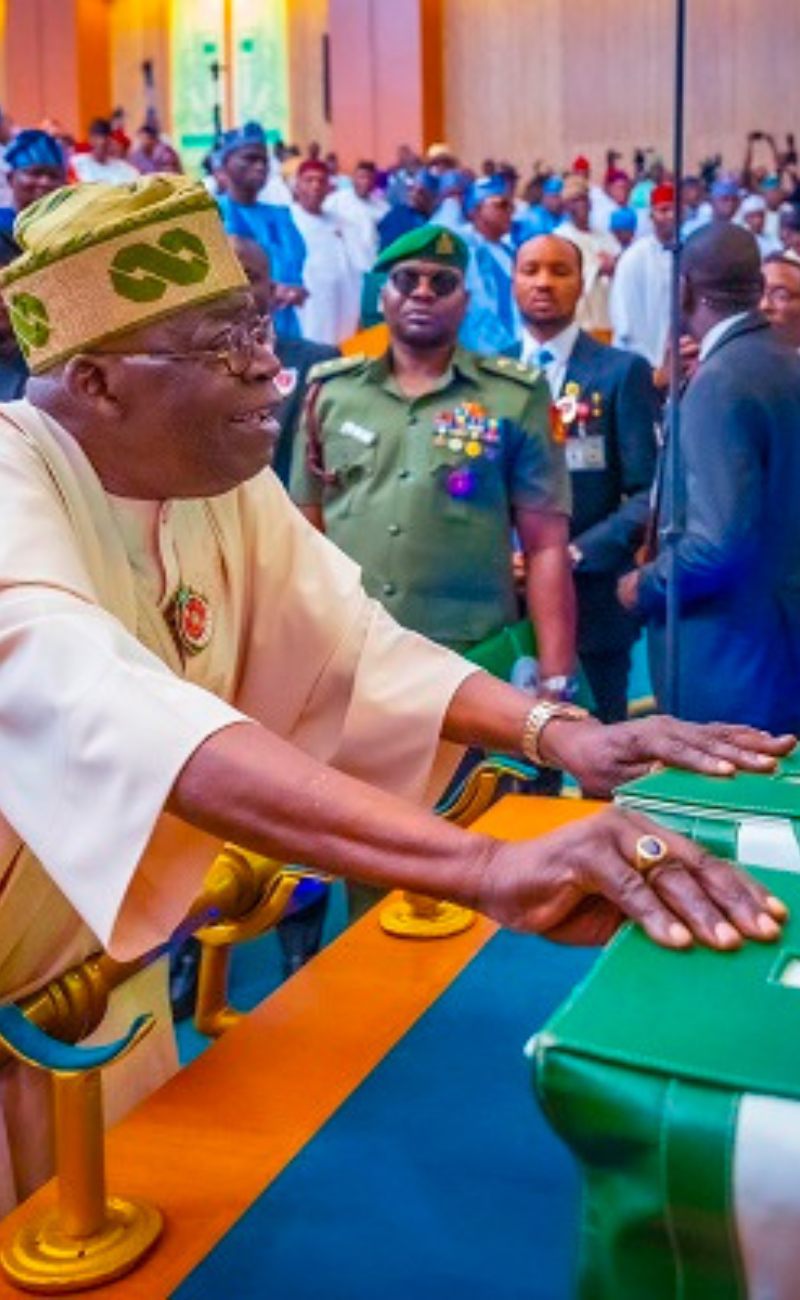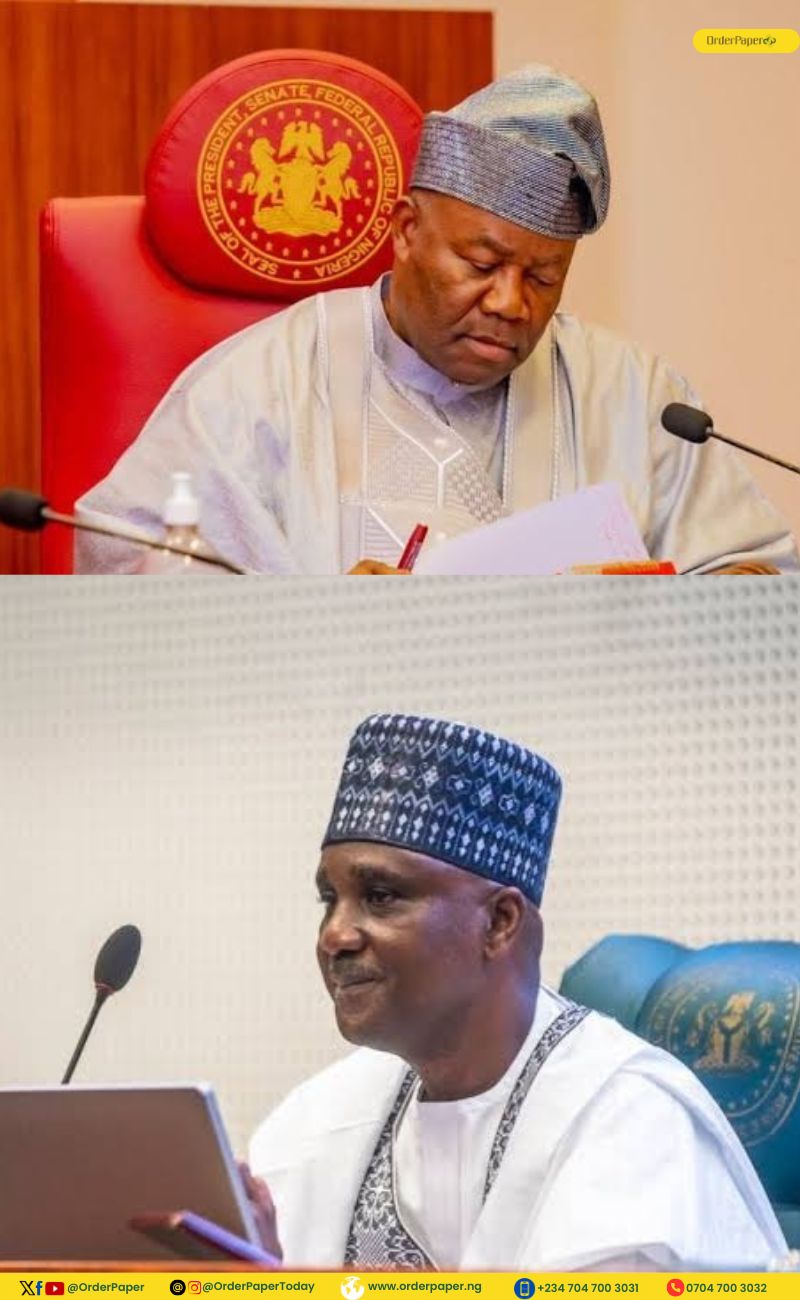“Nigeria’s GDP would reach $1 trillion by 2030 at the latest due to the anticipated stability.”

Governor of the Central Bank of Nigeria (CBN), Olayemi Cardoso, has reiterated the bank’s dedication to putting policies into place that support long-term financial market expansion while maintaining general economic stability. He stated that Nigeria’s Gross Domestic Product (GDP) would reach $1 trillion by 2030 at the latest due to the anticipated stability.
In a presentation to the senate committee on banking, insurance, and other financial institutions on Friday in Abuja, Cardoso gave a thorough review of Nigeria’s economic performance, recent policy changes, and an outlook for the rest of 2024.
READ ALSO: Nigeria’s economy is a mess due to Emefiele’s policy
He recalled that the management of the bank had focused on stabilising the economy, reviving trust in the financial system, and laying the groundwork for sustainable growth since taking office in October 2023. Cardoso outlined several important areas of focus, such as reducing inflation, stabilising the currency rate, improving oversight of the financial industry, encouraging financial inclusion, and boosting openness in monetary policy choices. He claimed that due to the economy’s resiliency in the first half of 2024, the country’s growth rate increased to 2.98% in the first quarter from 2.31% in the same period the previous year.
He underlined that the services sector, which accounts for 58.04% of GDP and is growing at a rate of 4.32%, is the primary engine of the economy. He mentioned that, with a growth rate of 2.19%, the industrial sector had also improved.
According to him, the rate of monthly rises had slowed, indicating the success of the bank’s anti-inflationary measures, despite the ongoing inflationary pressures, with headline inflation climbing from 29.90% in January to 34.19% in June 2024. In support of successful price discovery and less arbitrage opportunities, he also emphasised the notable reduction of the official and BDC rate spread.
Spesking further, he noted that one of the encouraging signs of the expanding economy is the noteworthy rise in foreign reserves, which is mostly attributable to income from taxes on crude oil and payments to third parties.
He said: “The ongoing recapitalisation efforts in the banking sector are focused on enhancing financial stability and driving progress toward reaching a $1 trillion economy by 2030.”
Apart from the industry liquidity ratio, which has also climbed to 46.2%, he stated that the capital adequacy ratio remained strong at 12.2%, and the non-performing loan ratio decreased to 3.8%, reflecting improved risk asset quality and more liquid assets.
Cardoso went on to discuss the major policy changes the bank had made to address macroeconomic issues, such as hiking the policy rate to 26.25%, expanding cash reserve ratios, resuming open market operations, and implementing inflation targeting as a new framework for monetary policy. In addition, he emphasised the foreign exchange market reforms that reduced market distortions and promoted transparency by bringing official and Bureau de Change rates closer together.
In his opening remarks, chairman of the committee, Senator Adetokunbo Abiru (APC, Lagos East) praised the CBN governor and his team for their efforts to stabilise the economy since entering office. He listed the accomplishments of the new administration as a $35 billion gain in the country’s external reserves, a decrease in month-over-month inflation from 2.64% in January 2024 to 2.14% in May 2024, and improved currency rate stability.
Abiru stated that these enhancements have improved foreign portfolio inflow and earned good ratings from major rating agencies.
STAR Check: Nigerians, particularly, constituents of Lagos East district, can keep tabs on the legislative performance of Sen. Abiru throughout the 10th senate here.



